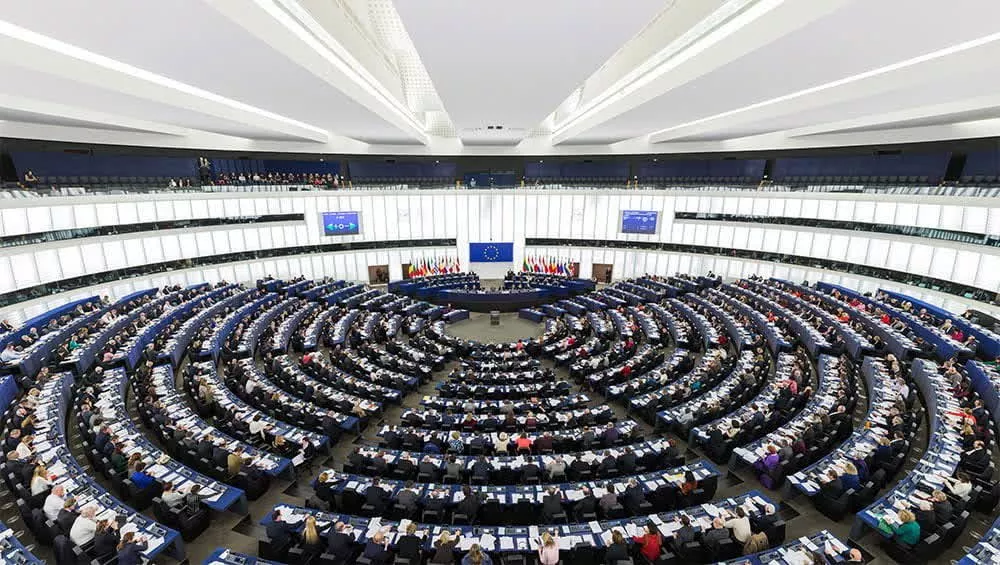Cutting corners: Petitioners have been trying to alert European regulators to the issue of deactivated online games for over a year, and game publishers have started responding. As consumer rights activists and game companies debate the viability of preserving online titles, recent analysis highlights just how stringent some End User License Agreements (EULAs) are on the subject.
Video Games Europe, a group representing European game publishers, has come out against the Stop Killing Games campaign, which advocates for government regulation to prevent online games from becoming permanently unplayable. The group outlined several arguments in defense of the current practices, but not everyone is convinced.
After Ubisoft shut down the servers for The Crew last year, YouTuber Ross Scott of Accursed Farms launched Stop Killing Games. Because the game required a constant internet connection, deactivating the servers rendered it inaccessible to around 12 million paying customers, sparking a lawsuit.
Although Stop Killing Games had amassed less than 500,000 signatures by late June – half the minimum required for consideration by European Union regulators by its July deadline – the petition has since surged past 1.2 million.
If over one million signatures are deemed valid, it could prompt authorities to assess whether publishers can legally revoke access to online games. While guidelines are clearer in the United States, the issue remains a legal gray area in Europe.
In a statement, Video Games Europe claims that keeping online games active indefinitely is cost-prohibitive. In a recent video responding to the press release, Scott clarified that the petition doesn't ask for official servers to remain online forever, but for developers to ensure that games remain accessible after ending official support.
As an example, he pointed to the original Tribes, which remains playable 21 years after Sierra decommissioned the game, thanks to user-hosted private servers. Ubisoft has also pledged to release offline modes for The Crew 2 and The Crew Motorfest when they reach end-of-life.
However, Video Games Europe warns that private servers could expose players to privacy breaches and unsafe content. Although Scott acknowledges he isn't a lawyer, he suggested that simple legal disclaimers could absolve publishers of liability for legacy titles. He also argued that many existing games demonstrate players are willing to accept that risk.
Responding to the group's claim that customers are given adequate notice before games are decommissioned, Scott cited a legal argument asserting that Ubisoft broke the law by delisting The Crew with only a few months' notice. German lawyer Christian Solmecke claims the law should have guaranteed around two years of availability.
"...observers have pointed out that Ubisoft's EULA demands players to uninstall and destroy all copies of a game after license termination."
Since the debate was reignited, observers have pointed out that Ubisoft's EULA demands players to uninstall and destroy all copies of a game after license termination. While some believe the company recently updated this clause, the same language appears in archived versions on the Wayback Machine as far back as April – and it's not unique to Ubisoft.
For example, EA's user agreement states that the company can revoke access to games at any time after termination. EA plans to deactivate the servers for BioWare's unsuccessful online RPG Anthem on January 12, 2026.

